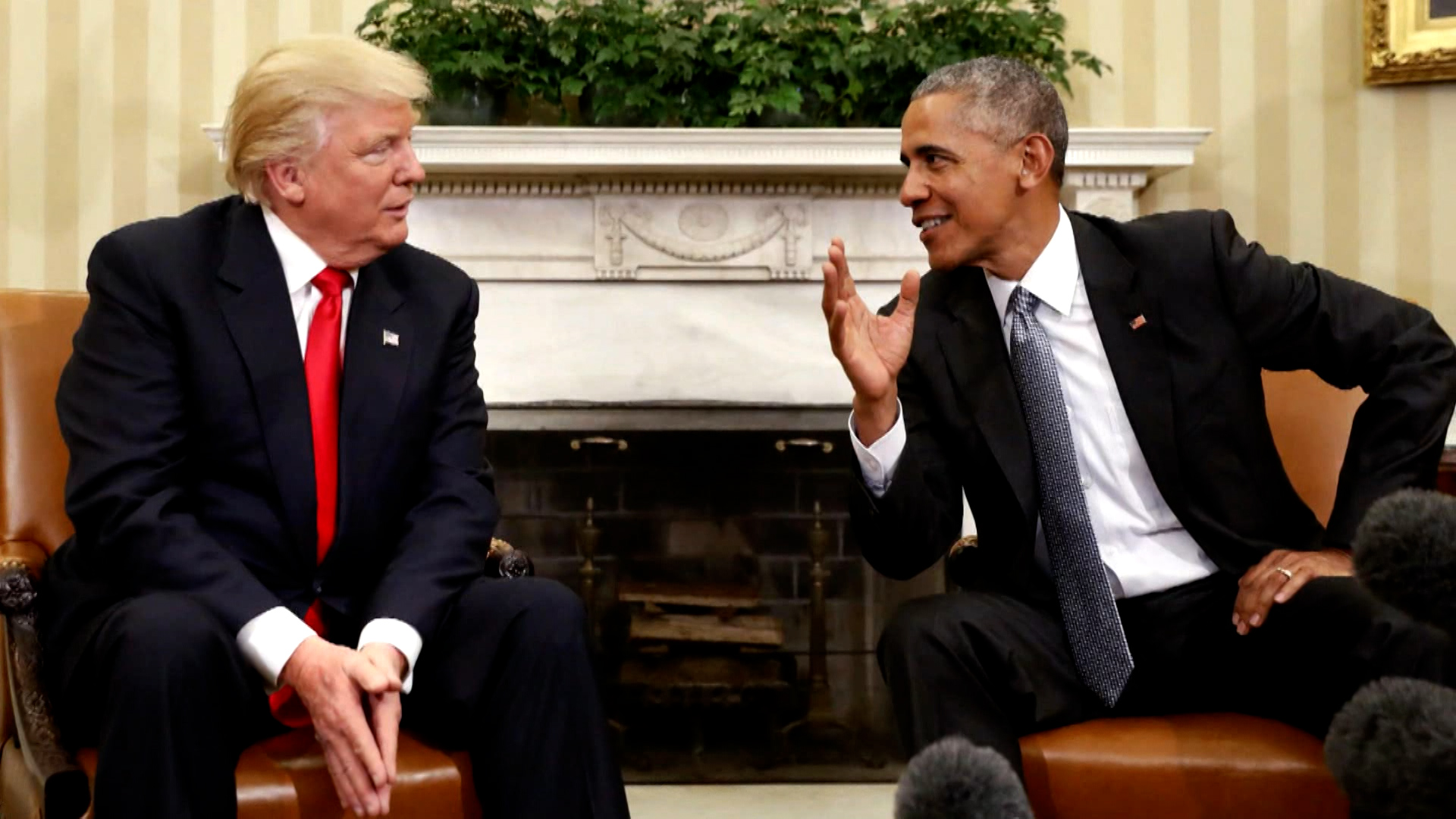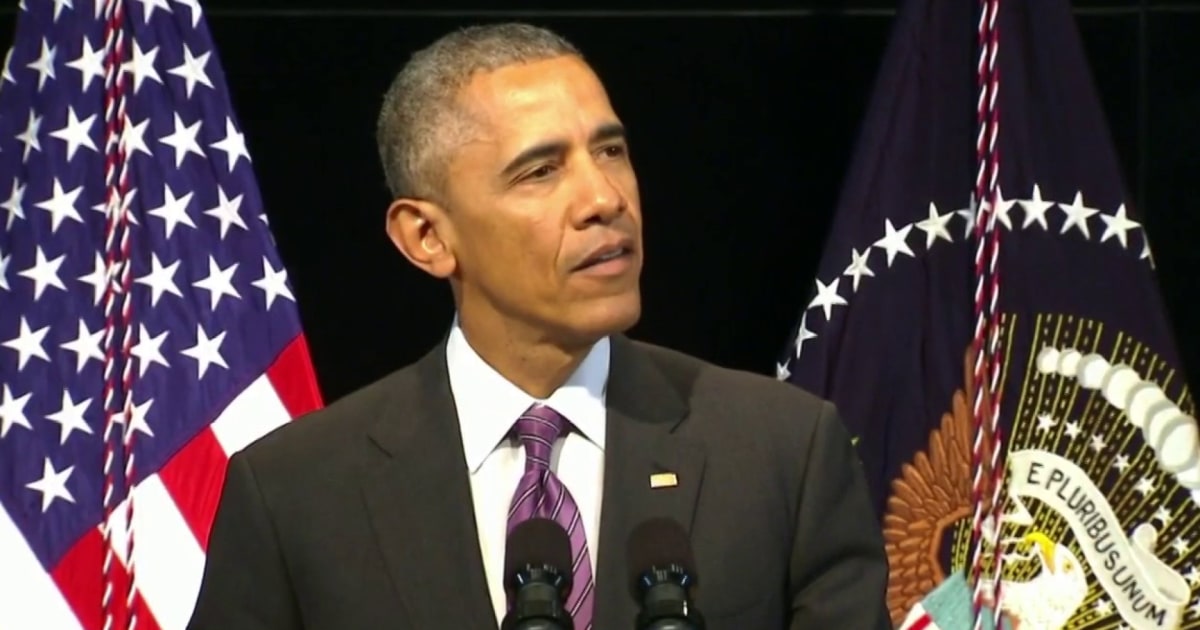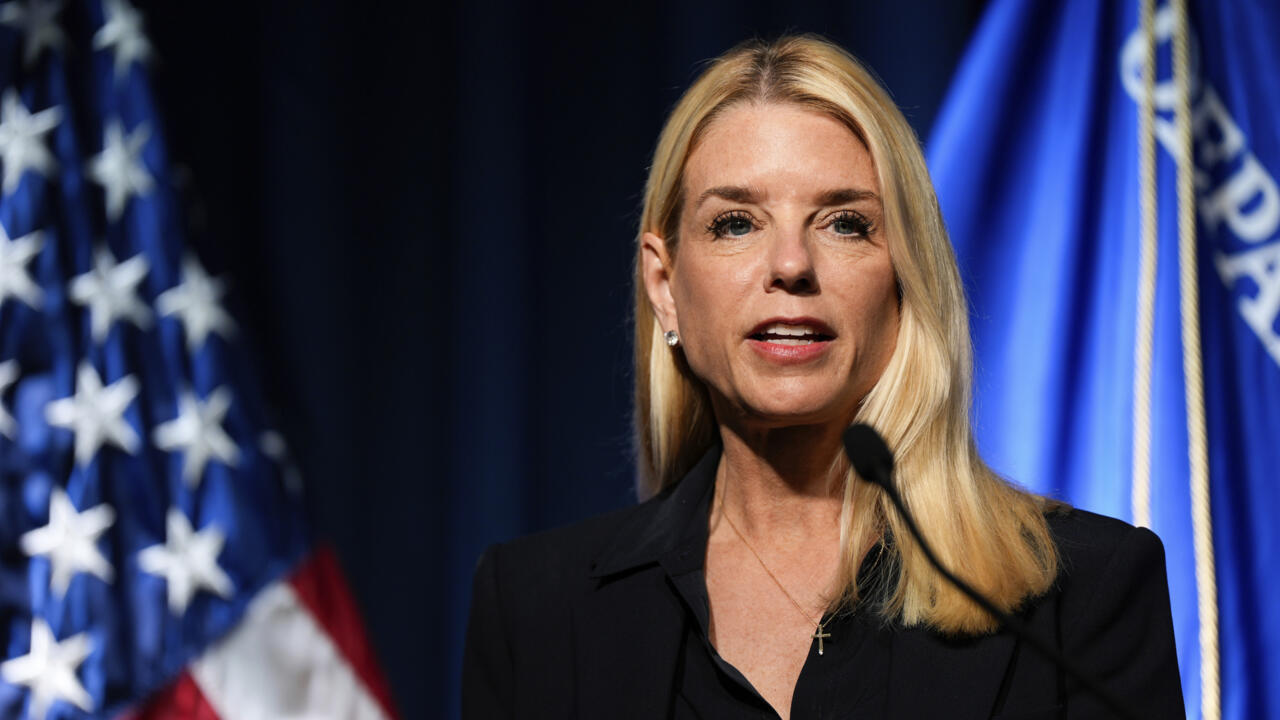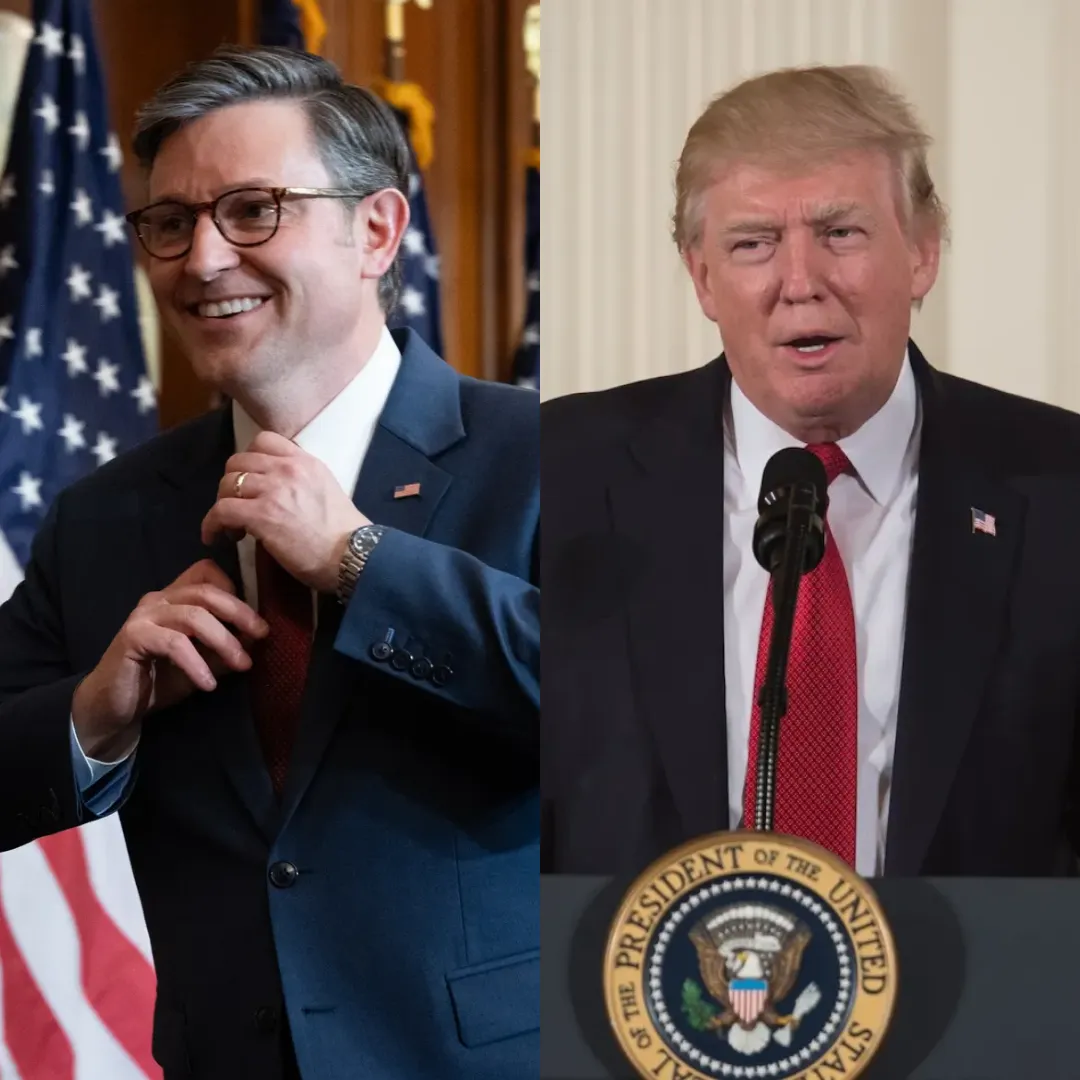
Former President Barack Obama could soon find himself under oath before a grand jury, according to investigative journalist John Solomon, who claims that presidential immunity will no longer shield him from answering questions about his role in the origins of the so-called “Russiagate” affair.
Speaking on Real America’s Voice, Solomon explained that while legal precedent may protect Obama from prosecution for actions taken while in office, that same immunity could create a new legal trap if he misrepresents any of his past conduct as a private citizen.
According to Solomon, the protections of presidential immunity mean Obama cannot plead the Fifth Amendment if summoned before a grand jury. The Fifth Amendment protects individuals from self-incrimination, but Solomon contends that immunity from prosecution removes that right in this context.
“Once summoned before a grand jury, Obama would be required to testify truthfully under oath,” Solomon stated. “If he lies as a private citizen about what he did as president, he’ll no longer have that immunity.”
Solomon emphasized that the moment any falsehood is uttered, Obama’s legal protections would be forfeited. This would expose the former president to potential criminal liability for perjury or obstruction of justice, offenses that could be prosecuted outside the scope of presidential immunity.
Solomon drew a sharp comparison between Obama’s current legal risk and the events of January 5, 2017, during his final days in the White House.
On that date, Obama presided over a meeting with top officials, including then–Vice President Joe Biden, then–FBI Director James Comey, and other senior national security advisers. At the time, the FBI had just concluded its investigation into incoming National Security Adviser Michael Flynn, finding no wrongdoing.
However, Solomon claims that in that meeting, officials discussed ways to ensnare Flynn in a new legal jeopardy. The alleged plan was to lure Flynn into an interview, catch him in a misstatement, and prosecute him for making false statements to federal agents.

Former FBI Director Comey has previously admitted publicly that he was involved in setting up Flynn’s interview. Court filings and investigative reports have since confirmed elements of this account, reinforcing claims that Flynn was targeted after the original investigation was closed.
Now, Solomon suggests that Obama could face a reversal of fortunes. “The irony is significant,” he said. “On January 5, 2017, he presided over that meeting where the FBI had just cleared Mike Flynn.
They schemed in that meeting to jam him up, to lure him into an interview and catch him in a lie. Barack Obama is now about to face a potentially similar situation — one he unfairly created for Mike Flynn.”
If summoned before a grand jury, Obama would be legally bound to testify about his conduct in office related to the origins of the Russia investigation. That includes any role he may have played in authorizing or overseeing investigative tactics used against members of Donald Trump’s 2016 presidential campaign.
While most legal experts agree that presidential immunity is broad, it applies only to official acts performed while in office. Once a president leaves office, he becomes a private citizen for the purposes of any statements he makes.
A false statement under oath about those official acts could be prosecuted as a new offense, separate from the conduct covered by immunity. This legal nuance, Solomon argues, is the “trap” that could ensnare Obama — a trap of his own making if parallels to the Flynn case hold true.
As these allegations gain attention in conservative media, Democrats are reportedly advising Obama to stay out of public debates over the matter. Party insiders worry that engaging directly could inflame the situation and distract from other political narratives.
Democratic strategist Eddie Vale downplayed the significance of Republican efforts to link Obama to wrongdoing in the Russia investigation. “No matter how much Trump and Fox are trying to drag it up, the base is still tearing them apart on the Epstein documents, so no need to interrupt them punching themselves in the face,” Vale said.
According to Vale, Democrats believe that the public focus should remain on Republican controversies, not on revisiting disputes over the 2016 election.
Former Democratic Representative Tulsi Gabbard injected fresh momentum into the controversy by releasing what she described as a trove of documents implicating the Obama administration in fabricating the Russia interference narrative in 2016.
Gabbard’s decision to release the materials was immediately seized upon by allies of former President Donald Trump, who has long claimed that the Russia investigation was a politically motivated effort to undermine his presidency before it began.
Trump reacted swiftly to the new documents. “Look, he’s guilty. It’s not a question,” Trump told reporters in the Oval Office. “You know, I like to say, ‘Let’s give it time.’ It’s there. He’s guilty. This was treason, this was every word you can think of.”
Gabbard’s appearance at a White House briefing earlier in the week fueled further speculation that Republicans may be coordinating a renewed public push to challenge the legitimacy of the original Russia investigation and to tie it directly to Obama.
At the heart of Solomon’s claims is the now-infamous January 5 meeting in the White House, which has been referenced in declassified documents and investigative reports.
According to accounts from multiple sources, the meeting involved discussions about how to handle intelligence and investigative matters concerning incoming Trump administration officials.
Solomon asserts that the meeting’s outcome was a targeted plan against Mike Flynn, designed to provoke a false statement that could be used to remove him from his role as National Security Adviser.
Flynn ultimately pleaded guilty to lying to the FBI, though he later sought to withdraw his plea, claiming he had been unfairly targeted. The Justice Department eventually moved to drop the charges, and Flynn was pardoned by President Trump in 2020.
If Obama is compelled to testify before a grand jury, the political implications could be profound. Even without a criminal conviction, the optics of a former president under oath over allegations tied to one of the most contentious political investigations in modern history would be damaging.
Obama has largely maintained a public image as a respected elder statesman since leaving office, avoiding deep entanglement in partisan conflicts.
A grand jury appearance could thrust him back into the center of a divisive political battle, particularly if questioning centers on the inner workings of his administration’s national security decisions.
For any witness before a grand jury, the stakes are high. False statements can result in perjury charges, which carry severe penalties. For a former president, the stakes are not only legal but also historical — testimony that conflicts with public records or prior statements could reshape public understanding of key events.
In Solomon’s view, this is where Obama’s greatest vulnerability lies. While presidential immunity may shield him from prosecution for the acts themselves, it does not shield him from accountability for statements he makes now.
This means that a single misstep in testimony could strip away immunity and open the door to legal consequences.
It remains unclear whether Obama will, in fact, be summoned to testify before a grand jury. Such a move would be unprecedented in modern U.S. history and could trigger a constitutional confrontation over the limits of presidential immunity and the separation of powers.
For now, the claims rest largely on Solomon’s interpretation of legal precedent and on ongoing political maneuvering among Republicans eager to re-litigate the origins of the Russia investigation.

What is certain is that the controversy surrounding the January 5, 2017 meeting and the handling of the Flynn case is far from settled in the minds of many political observers.
The possibility of Obama being drawn directly into legal proceedings ensures that the story will remain a focal point for partisan debate in the months ahead.
If the scenario Solomon describes comes to pass, the former president could be forced to navigate a legal and political minefield — one with striking similarities to the situation faced by Mike Flynn, whose case helped spark this latest wave of scrutiny.
For now, both sides appear to be preparing for a prolonged battle over facts, interpretations, and the legacy of one of the most controversial investigations of the past decade.
Full video:




-1750551769-q80.webp)
